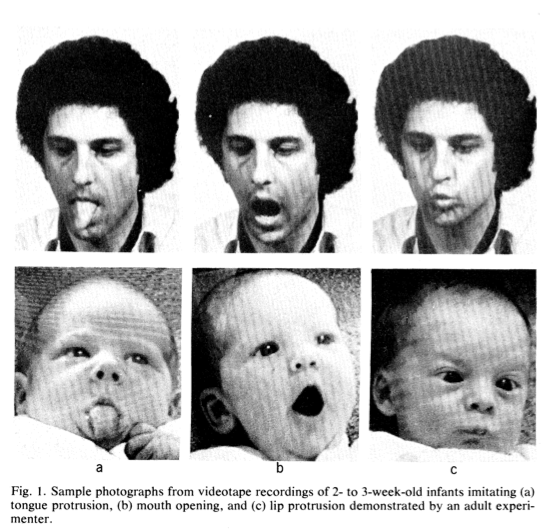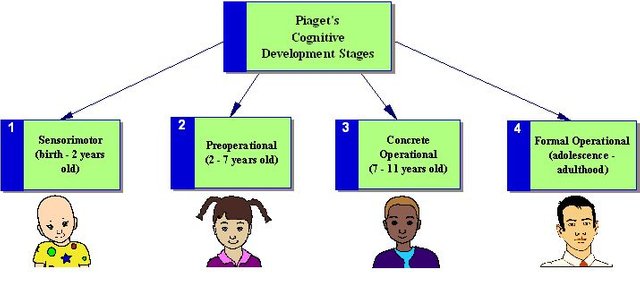The Development Of A Child
One thing that people are struck by babies is their appealing face, that they are cute.
There is something about adult finding babies cute that makes them want to help babies. The cuteness is thought to be kind of evolution reward for dealing with a baby. They have rounder heads, they have foreheads that protrude more rather than sloping back. They have larger eyes, smaller jaw bones. And these properties are described by something called "neotony".
In the developments of infants into adults, the classic debates about how our mind grasps the world have played out, yet again, in a powerful way. The nature-nurture debate , what's in our gene and gets us going ? What's acquired from the environment? Philosophers who say that knowledge starts with innate, or genetic, or more evolved capacities. For example, Aristotle wrote "there's nothing in the intellect which was not first in the senses."
And,on the other way, the behaviorists believed in this with the vengeance in psychology. For example, Waston wrote "Give me a dozen healthy infants, well formed and my own specified world to bring them up and I'll guarantee to take any one at random and train him to become any type specialist I might select - doctor, lawyer, artist, merchant, chief, and yes, even beggarman and thief...". That's all the environment and a blank slate.
Imitation of neonates:
In a remarkable study, investigators sat face to face with infants just few days old. When the investigators stuck their tongues, infant did the same. When the investigators open their mouths wide, or paused their lips, the infant did too. The capacity for imitation, it seems, is in place even for very young babies!
Piagetian Stages:
Piaget postulates that were these big stages, what he called the Sensorimotor age, zero to two, where the world is one of what you see and the physical actions and there's not much representation of ideas and thoughts. Between two and seven, you start to be able to keep a thought in your mind. You still have egocentric perspective, early symbolic language. You will still work out whether fairies really exist or not. Between seven to nine, you will gain concrete stage with organized logical thoughts, still concrete as opposed to abstract. And then you move to more adult, for example adolescence, adulthood.


wow! another great post :)
keep up the good work Deepa !
thank you ;)